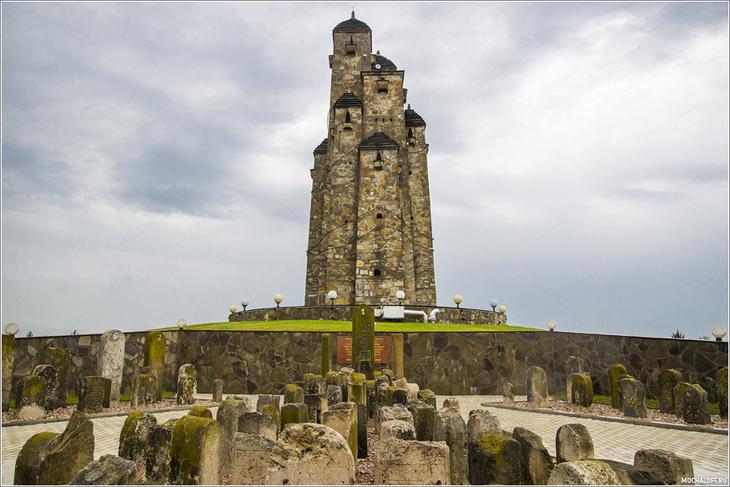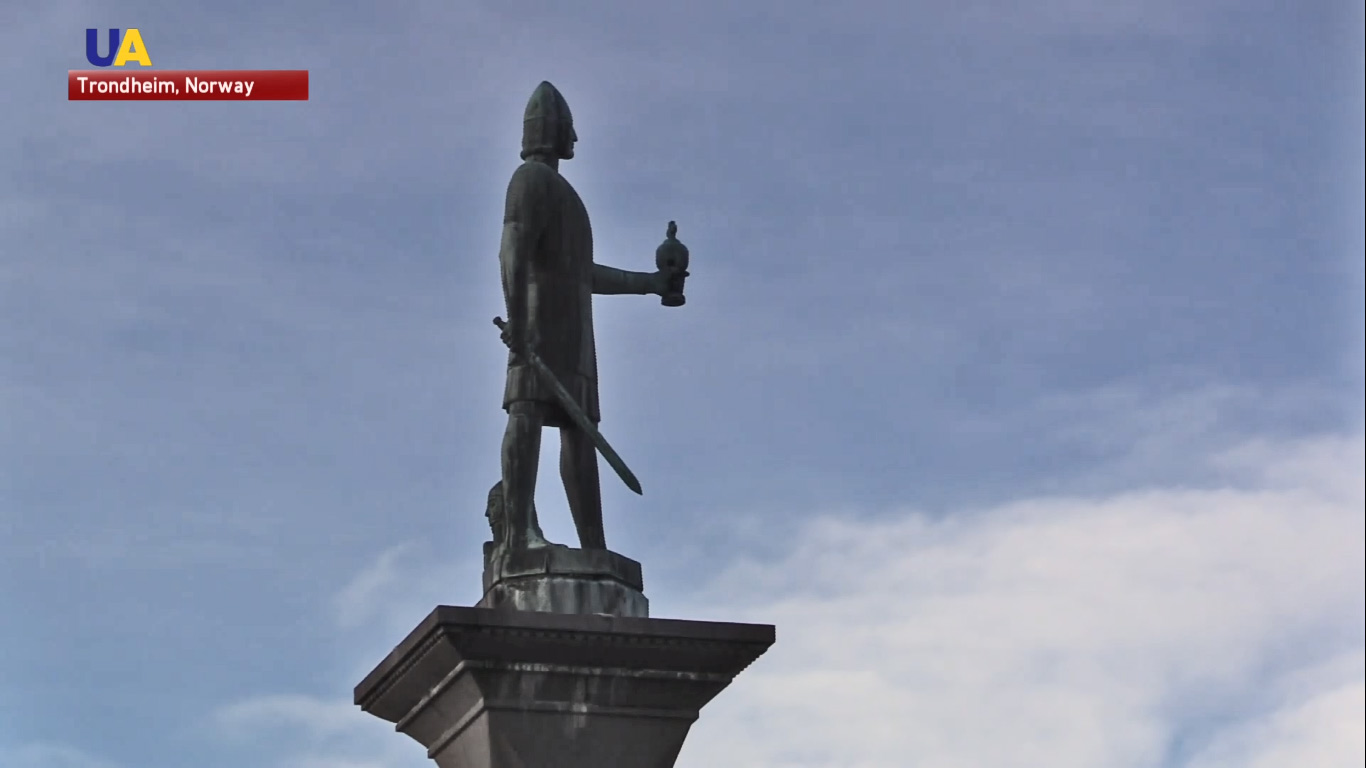The choice that Dutch citizens will make on 6 April is not only about a trade agreement between the European Union and Ukraine. It is about the future of the European way of life to which the Netherlands contributes so much.
Russia has adopted an open policy of dividing the European Union and undermining the security of its members, of which the referendum questioning the Association Agreement is simply a small part. Since the faked Russian parliamentary elections of 2011 and the protests by Russian citizens that followed, Russian leaders have defined pluralism and civil society as alien to Russia, treating them instead as implants from Europe that must be suppressed. Rather than simply oppressing Russian citizens at home, the Putin regime identifies the European Union as the source of these values, and seeks to destroy it.
Russia has adopted an open policy of dividing the European Union and undermining the security of its members, of which the referendum questioning the Association Agreement is simply a small part.
In 2013, Russians proposed a Eurasian Union as an alternative to the European Union. “Eurasia” sounds bland in Dutch, but in Russian it refers to a tradition of presenting the West as decadent and Russia as the source of all true values. The founder of the contemporary Eurasian movement, Alexander Dugin, is a self-proclaimed advocate of fascism.
Eurasianism as politics began with the attempt to coerce Ukraine into joining the Eurasian Economic Union. When this failed, Russia invaded Ukraine, first from the south in spring 2014, and then from the southeast in summer 2014. In violating the territorial integrity of a sovereign state and annexing some of its territory, and in supporting terrorist activity within Ukraine, Russia violated essentially every major element of the European security order.
Aside from bringing about some ten thousand deaths and two million internally displaced people, the Russian intervention in Ukraine involved other war crimes, one of which directly affected Dutch citizens. According to the investigations carried out by Bellingcat and Correctiv, one of the numerous Russian military convoys to cross the Russian-Ukrainian border in 2014 was a detachment of the Russian 53rd Air Defense Brigade, which brought a BUK anti-aircraft missile launcher for use inside Ukraine against Ukrainian forces. On 17 July 2014, this BUK launcher evidently targeted and destroyed Malaysian Airlines Flight 17.
The ongoing Russian war in Ukraine, horrifying as it is, is simply a part of President Putin’s campaign against the European Union and its moral and political traditions.
The Europe of today depends upon historical lessons drawn from the wars and the totalitarianisms of the past. Putin has rehabilitated the Molotov-Ribbentrop pact, the Nazi-Soviet alliance of 1939 that began the Second World War. Nazi Germany and the Soviet Union jointly invaded Poland that September, and, after a joint victory march, divided its territory between them. The Soviet Union was still Nazi Germany’s ally when Germany invaded the Netherlands in May 1940. In rehabilitating the Hitler-Stalin alliance of those years, Putin presents both Stalinism and National Socialism as normal political systems, and the Second World War as normal European politics.
The Russian bombing of Syria drives Muslim refugees into Europe, where Russian proxies can then organize religious conflict
This should give pause for thought, not least because so much of Russia’s current attempt to destabilize Europe involves alliances with the far right. Russia has organized meetings of European fascists and funds the Front National in France. Its media support separatism in the UK and elsewhere, and Putin and Dugin both support Donald Trump for president of the United States of America. The Russian bombing of Syria drives Muslim refugees into Europe, where Russian proxies can then organize religious conflict — as in the entirely fake “Our Lisa” scandal in Germany earlier this year.
In the past two years, Russia has crossed lines that seemed impregnable, and violated taboos that seemed permanent. That one European country would invade another? That the 1930s would be presented as a useful model for the future? The next line to be crossed is the manipulation of democratic societies so that they choose the path towards weakness and poverty. This involves the massive deployment of cleverly prepared lies, the handiwork of people who seek to export the permanent confusion of the Russian media to Europe itself. When a Russian weapon apparently downed MH17 during a Russian invasion of Ukraine, Russian television had the audacity to claim that what had transpired was a failed attempt by Ukrainians to assassinate President Putin. Even as the bodies of the true victims were scattered across fifty square kilometers of countryside, Russians were instructed that their leader, and by extension Russia itself, was the true victim.
The people who manufacture such lies are now at work in Europe, targeting similar lies at the Dutch public
The people who manufacture such lies are now at work in Europe, targeting similar lies at the Dutch public, in the hope of generating an atmosphere of confusion and fear. The referendum of 6 April will not be the first. In November 2013, Ukrainian students, young men and women, went out to the streets to protest in favor of the Association Agreement. Ukrainian protestors knew full well that Ukraine was not about to become a member of the European Union. They simply regarded, and quite understandably, an Association Agreement as a step towards the kind of life that Europeans take for granted. They could see the point of the institutions that their Dutch counterparts value: an open society, the rule of law, free trade.
Bohdan Solchanyk, a young scholar whom I knew, was indistinguishable from young Dutch or German or French peers in outlook, in appearance, in references. He read poetry and worked on local history and read Tony Judt. With his beard, his earring, his beautiful girlfriend, his multiple languages, his habit of thoughtful deliberation, he was unmistakably a European of his generation. Unlike his peers in the EU, he believed that he had to protest for a normal and decent future.
In late 2013 and early 2014, under Russian pressure, the government of Ukraine had many of the protestors beaten, or kidnapped, or tortured, or finally shot. Bohdan Solchanyk was killed by a bullet to the brain from a sniper. In his referendum, the votes were counted in blood. Yet people persevered. After the mass murder that claimed the life of Bohdan Solchanyk and a hundred other protestors, the Ukrainian president fled in panic to Russia. A new government, legitimated by free and fair presidential and parliamentary elections, and with the support of the vast majority of the population, did sign the Association Agreement. The protestors’ cause, from the first, was nothing more than the normality that Dutch citizens can take for granted.
Dutch citizens are fortunate that they can still vote for European freedoms in the ballot boxes, rather than having to risk their lives on the streets. May it remain so.
In the difficult task of reforming Ukraine, the hard-won Association Agreement is one of the major victories. What might appear to be a local Dutch question now has general significance. To vote “no” is to endorse the Russian effort to destabilize the European Union from within, and to encourage the continuation of Russia’s wars in the EU’s neighborhood. Dutch citizens are fortunate that they can still vote for European freedoms in the ballot boxes, rather than having to risk their lives on the streets. May it remain so.





